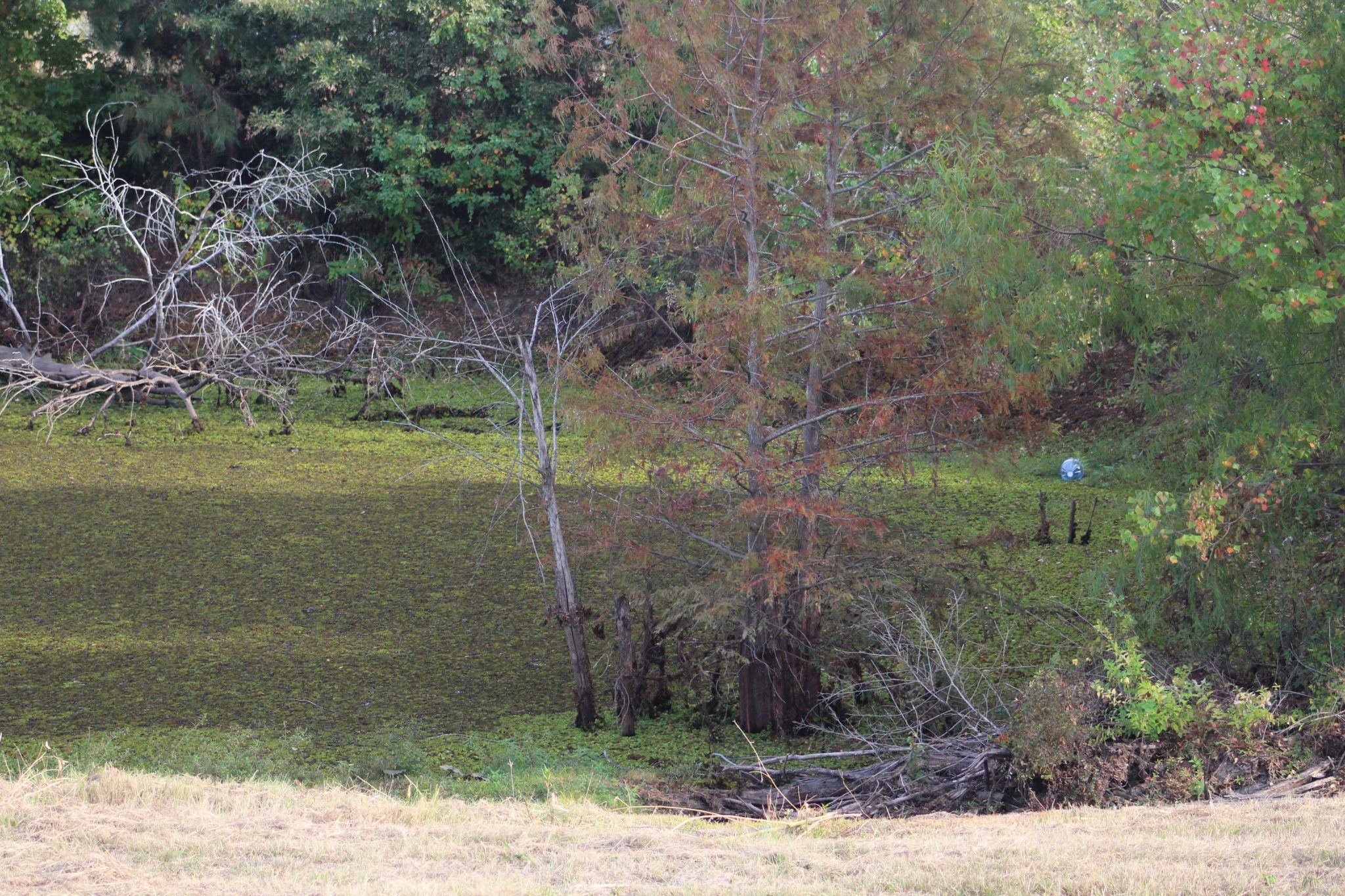302
Giant salvinia, the invasive aquatic weed plaguing Lake Bistineau, seems to be getting worse in the bar pits in Dixie Inn.
However, Louisiana Wildlife and Fisheries biologist Jeff Sibley says they’ve been treating the area for approximately eigh




